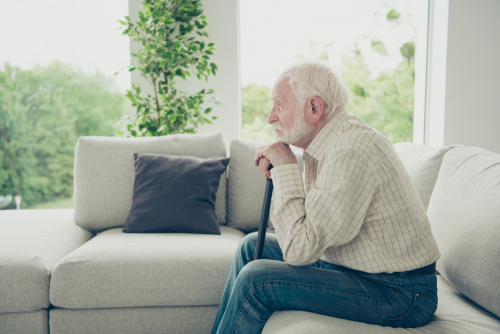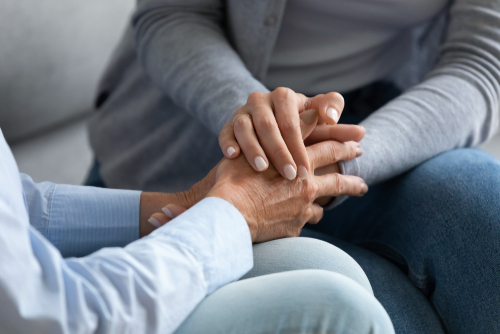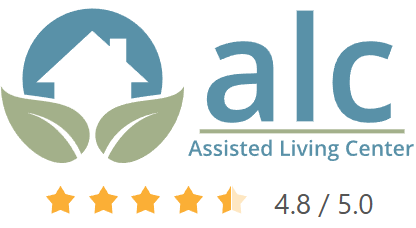
Grief and the pain of loss can be overwhelming. It takes time to move on with one’s own life, even though the pain never truly goes away. Getting over bereavement seems to fall especially hard on the elderly. Still, there are healthy coping mechanisms that can help with the healing process and quality senior homecare in Hollywood and the surrounding communities can be instrumental in helping the elderly get better.
Read on to find out more.
How does bereavement affect the elderly?
Losing a loved one is a difficult, challenging time. This has nothing to do with age. But the elderly can already feel the end of their life fast approaching, which makes losing a loved one all the more difficult. In addition to being grief-stricken and overwhelmed with pain, other overwhelming changes are inevitable:
- Loss of independence
- Isolation
- Higher scope of new responsibilities
It is common for the surviving elderly person to experience deterioration in mental and physical health. In some cases, they may pass away not long after their spouse. The risk of this happening is at its peak in the initial three months following the death of the spouse, which is why it is during this period that they need companionship and care the most. This is sometimes attributed to the “broken heart syndrome” or stress cardiomyopathy.
You should not let them out of your sight during this difficult time. If you cannot be there for them in person, you can enlist the help of professional senior caregivers who will care for your elderly loved one, provide much-needed companionship and offer help around the house.
How do you help a parent cope with the loss of a spouse?
Death of a spouse can be a life-shattering experience, regardless of the surviving spouse’s age. While it is possible to adapt to this new way of life, it is a challenge and it takes patience, emotional and physical care to initiate the healing process.
The loss of a spouse inevitably leads to serious changes in one’s life: in addition to having to say goodbye to a companion, they have to say goodbye to their way of life, and may even need to move out of their shared family home.
What are the 5 stages of grief when dealing with a death in the family?
While we can all have different manifestations of grief as a result of the shock that comes with losing a loved one and the differences in our personal traits, the five universal stages of grief are as follows:
- denial.
- anger.
- bargaining.
- depression.
- acceptance.
What does grief do to your brain?
Grief feels unbearable. So much so that it can make us feel as if we, too, are going to die. Your elderly loved one may lose a sense of purpose and develop depression and death anxiety, a common disorder among the elderly population. But although it can have a detrimental effect on our mental health, grief can also be therapeutic.
What grieving does to your body?
While we all tend to focus on the psychological impacts of grief and loss, the physical consequences can further exacerbate the situation your elderly loved one is in:
- Sleeplessness
- Loss of appetite
- Rapidly declining immunity
- Loss of interest in self-care
As a result, many seniors experience a seemingly sudden and severe decline in health which can lead to devastating consequences.
Does grief have a purpose?
As hard as it may be to understand, grief is a normal part of life. There is a therapeutic purpose to grief and to the tradition of mourning. The ultimate goal is to help you get over your initial reaction, adapt to the change in circumstances in a healthy way and find comfort so you can continue to live your life despite the loss you have suffered.
Premium senior homecare available in Hollywood and beyond

For some people, losing a loved one is a time when they feel like spending most of their time at Hollywood Forever Cemetery or reliving memories in the privacy of home, without going outside. This is when you need to be patient, understanding and compassionate. And if you cannot be there yourself, we have an alternative solution: caregivers.
A Better Way in Home Care is here to help lighten your burden and help your elderly loved one cope with grief and loss in a healthier way. This is the only way to facilitate their healing process and make a path for a fulfilling life, in spite of the circumstances. Reach out ot us now.








